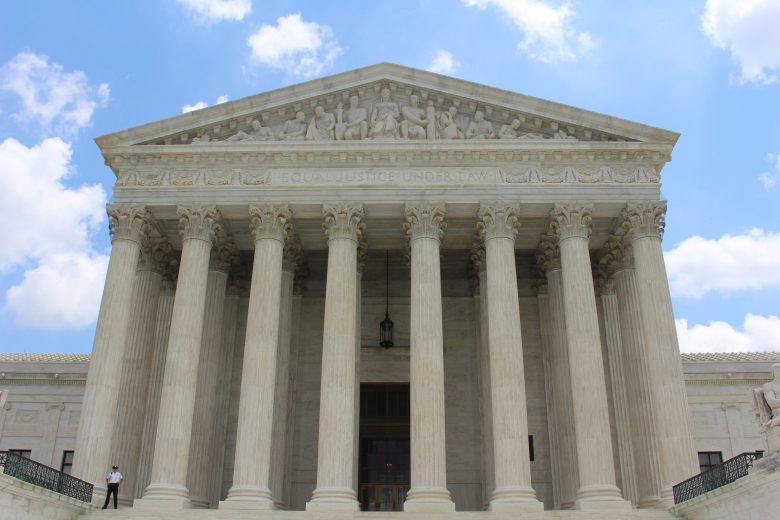Does Title VII Include Discrimination Based on Sexual Orientation?
By Hauwa Adamu
In Bostock v Clayton County and Evans v Georgia Regional Hospital, the US Court of Appeals for the Eleventh Circuit held that reliance on Title VII of the Civil Rights Act of 1964 as prohibiting discrimination on the basis of sexual orientation failed to state a claim recognizable under law.
Background
Evans v Georgia Regional Hospital
Jameka Evans worked at the Hospital as a Security Officer from August 2012 to October 11, 2013. During her time at the Hospital, she was discriminated against on the basis of her sex and targeted for termination for failing to carry herself in a “traditional womanly” manner. She experienced a hostile work environment. She was denied equal pay or work, harassed and physically assaulted.
Although she was a gay woman, she did not broadcast her sexuality. However, it was evident that she identified with the male gender, because of how she represented herself. Evans was punished because her status as a gay female did not comport with the Hospital’s gender stereotypes.
Evans lodged a complaint with the Human Resource department about some adverse treatment at work. Shortly thereafter she also complained that she was harassed and retaliated against because of her complaint. HR indicated that the Hospital had investigated Evans’ complaint, and had found no evidence that she had been singled out or targeted. Evans voluntarily resigned.
Bostock v Clayton County
Gerald Bostock, a gay man, began working for Clayton County, Georgia, as a child welfare service coordinator in 2003. During his 10-year tenure at Clayton County, Bostock received positive performance evaluations and numerous accolades. In 2013, Bostock began participating in a gay recreational softball league.
During a meeting in which Bostock’s supervisor was present, at least one individual openly made disparaging remarks about Bostock’s sexual orientation and his participation in the softball league. Around the same time, Clayton County informed Bostock that it would be conducting an internal audit of the program funds he managed as part of his job.
Shortly after, Clayton County terminated Bostock allegedly for conduct unbecoming of its employees. Bostock filed a charge of discrimination with EEOC following which, he filed a pro se lawsuit against the County alleging discrimination based on sexual orientation, in violation of Title VII.
The Courts
In Evans, at the United States District Court for the Southern District of Georgia, Magistrate judge Smith issued a report and recommendation (R&R) dismissing Evans Complaint for failure to state a claim. The Judge concluded that while same-sex harassment can be actionable under Title VII, Title VII discrimination claims based upon the plaintiff’s sexual orientation or perceived sexual orientation is not. Judge Randall Hall concurred with Judge Smith’s R&R and dismissed Evan’s case.
The Eleventh Circuit Court of Appeals rejected Evans request for an en banc rehearing, stating that Evans’ pro se Complaint failed to plead facts sufficient to create a plausible inference that she suffered discrimination. It stated: “Evans did not provide enough factual matter to plausibly suggest that her decision to present herself in a masculine manner led to the alleged adverse employment actions.”
Evans then filed a petition for certiorari, requesting review from the SCOTUS. Regardless of the fact that several friends-of-the-court briefs were filed urging the SCOTUS to hear the case, including briefs from 79 businesses and organizations, the Court denied review of the case, leaving for another day resolution on whether Title VII prohibits discrimination based on sexual orientation.
In Bostock, the US District Court for the Northern District of Georgia and the Eleventh Circuit Court of Appeals dismissed the case in the same grounds.
After more than nine conferences during which the US Supreme Court could have acted on the petition for review, the SCOTUS has granted review in this case and two others that concern anti-LGBTQ employment discrimination. The cases will be heard in the Court’s 2019-2020 term to create a binding precedent and decide the issue for all courts.


